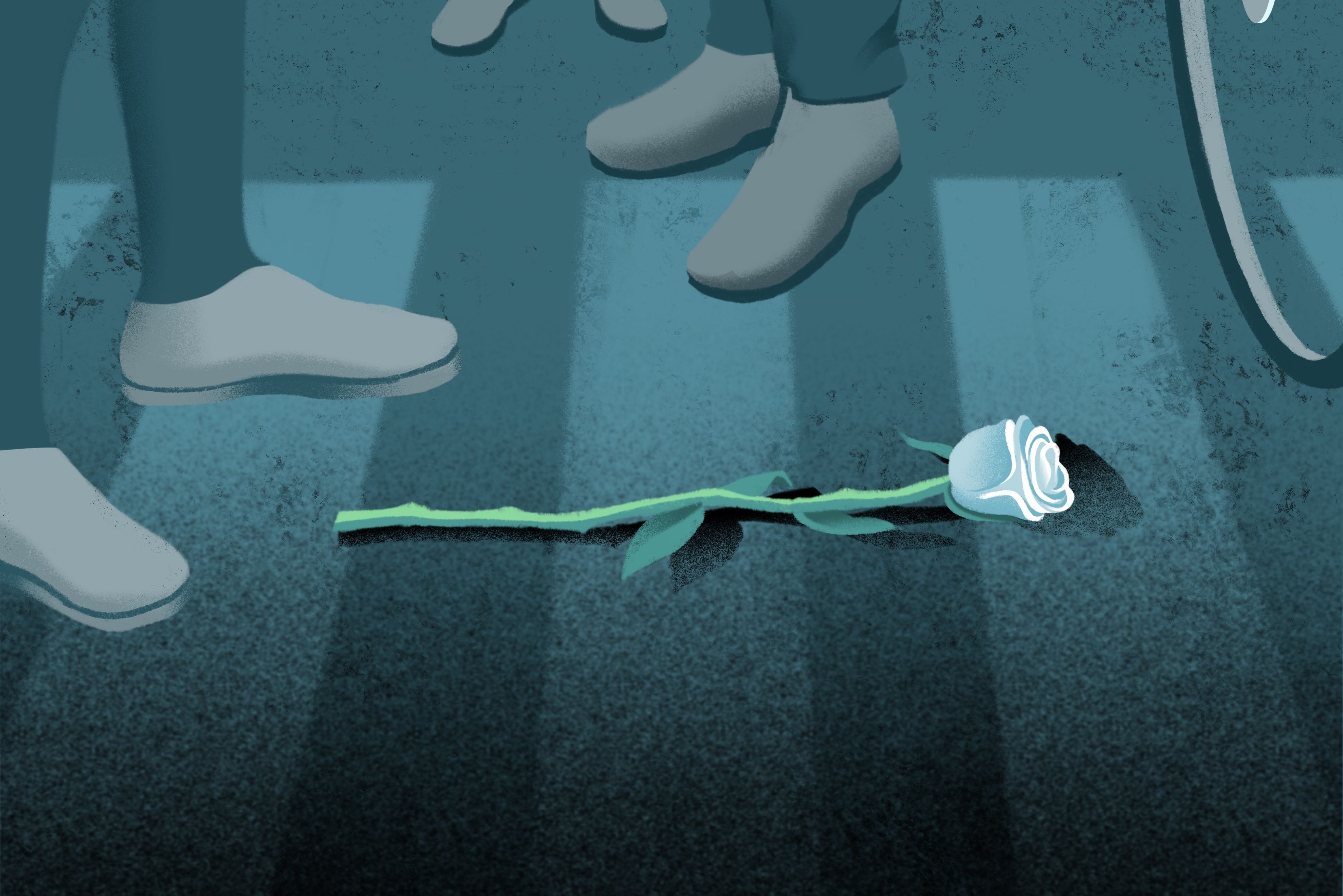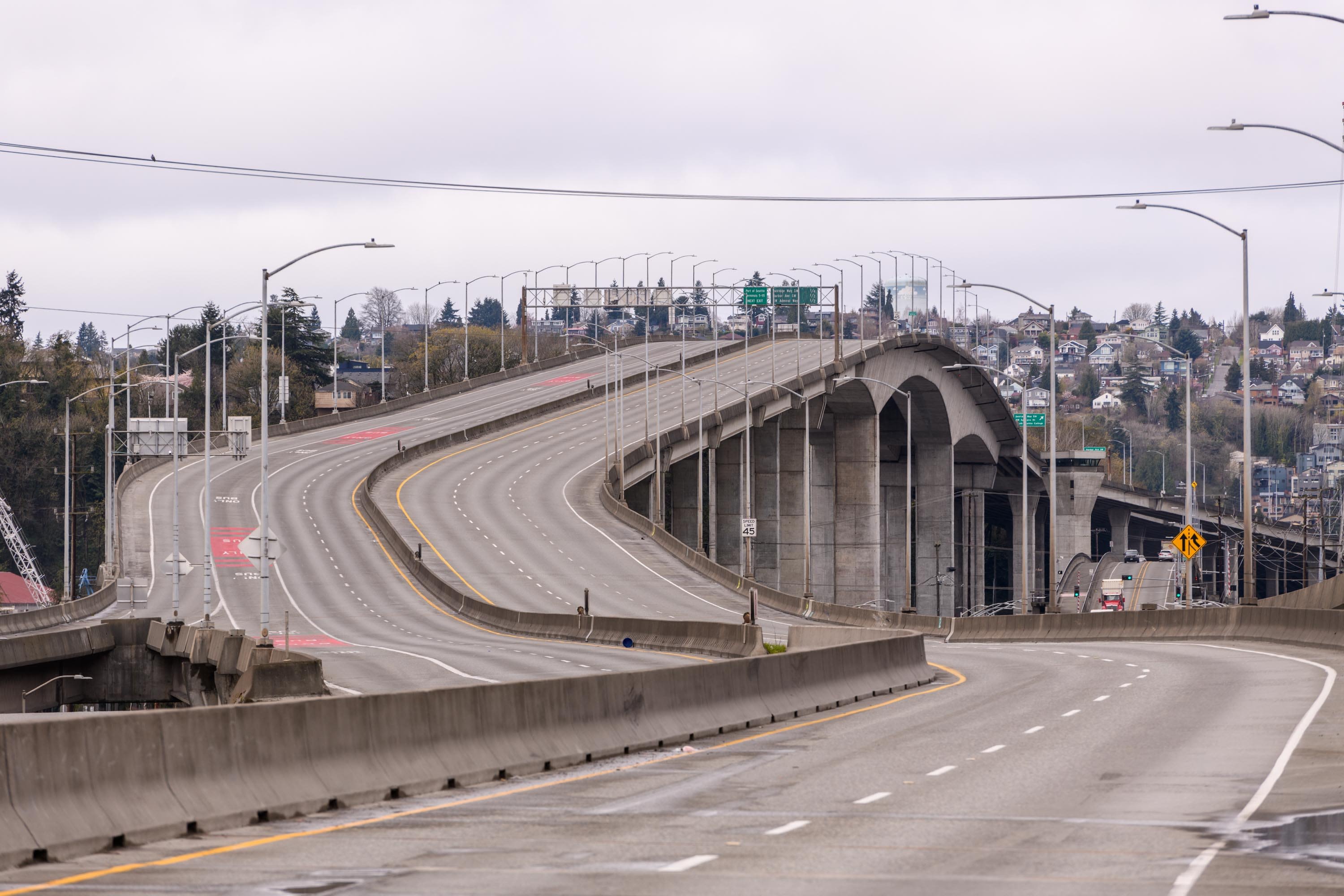Interim Seattle Police Chief Jim Pugel: "How We Got Here, How I Feel About It, Doesn't Matter."

Assistant Seattle Police Chief Jim Pugel, who was appointed to take over SPD as interim police chief when Chief John Diaz announced his retirement earlier this week, steps into his new role as head of a department that's been overwhelmed by controversy in recent years.
Allegations of excessive force by police officers and racially biased policing led last year to a damning report by the U.S. Department of Justice and the appointment of a federal monitor, L.A. police consultant Merrick Bobb, by U.S. District Court Judge John Robart to oversee reforms at the department.
Pugel, who says Diaz and Mayor Mike McGinn approached him about stepping in as interim chief just a week and a half ago, sat down with PubliCola yesterday. Here's some of what he had to say.
"If I choose to pick my name in and not picked, I would like to come back and be assistant chief to put the monitoring plan and the law enforcement assisted diversion program in place. "
On whether the DOJ's conclusion that SPD officers had used excessive force was right:
What the DOJ investigation found, and what the settlement agreement is crafted around, is [creating] a department where everyone clearly understands the policies, specifically around use of force—and then, also, that every employee is instructed and taught toward those policies, so that when they have to use force they will do it appropriately and constitutionally.
Any organization, regardless of the profession or whether its's public or private, government or not, is always going to have people who for whatever reason don’t belong in the organization.
I’m to a point now, because this has been going on for a year and a half, two years, almost, I’m way past how we got here. The reality and perception are somewhere in between police using improper force at times and not investigating, documenting, recording, reporting, and analyzing it. Some people believe there was nothing wrong at all. Other groups and individuals believe that everything was wrong. How we got here, how I feel about it, doesn’t matter.
On whether he plans to seek the job of permanent police chief (McGinn has said he plans to do a national search, and Pugel would be only the second SPD chief in history to rise up from within the department):
I don’t know. This entire issue was broached with me about a week and a half ago. I don’t know right now. I haven’t had the time to really grasp whether I want to do this. One thing Mayor McGinn made crystal clear, and the monitoring team echoed, was that they don’t want a placeholder who’s going to keep the status quo but not carry it any further.
The mayor’s been clear, and others who want to be mayor have been clear, that there has to be a national search. I don’t know what that process will be. If I choose to pick my name in and not picked, I would like to come back and be assistant chief to put the monitoring plan and the law enforcement assisted diversion program in place.
My ego is not tied up in being chief or not being chief. As far as not being a caretaker, this is one year during the search process and the selection that we will mever get back. We’re at a critical point. We have the road map. Judge Robart has been crystal clear: Do this. Go on. Regardless of who the new chief is, we want to make sure that the department continues to move forward.
I think it’s incumbent on me in next few months, and then on, to listen more than I talk and see what direction is needed inside and outside the department.
On the impact Initiative 502, which legalized the recreational use of marijuana in Washington state, will have on SPD's work enforcing state marijuana laws:
It’s clarified what our responsibilities are. It’s very hazy, both with the undefined and vague rules surrounding medical marijuana, and the fact that we as a city stated that it would be our lowest law enforcement priority. [ACLU drug policy director] Alison Holcomb did an admirable job of crafting an initiative that’s as tight as possible so it can be enforced as much as possible, and so it’s somewhat regulated.
There’s a lot of unknowns out there. If the price point’s too high, you’ll have a vicious black market. With alcohol, to make a good single-batch bourbon takes a lot of time and equipment and chemistry. I can grow marijuana, and it’s not that hard if you know about hydroponics and fertilizer and ventilation and everything. So the price can’t be so high that you have continued illegal grows. And if the price point is too low, it's easier for youth to get.
On the idea of re-instituting the short-lived Seattle police training academy (currently, all SPD "One of the biggest grievances that's not really addressed in settlement agreement is that we want the police to reflect the people they police. I would love to see our own police academy."officers are trained at the same statewide academy that trains all Washington state officers), an idea for which mayoral candidate Peter Steinbrueck has advocated:
I’d love that. It would be a big budget bite. That would be up to the mayor and the council and the budget office to figure that out.
One of the biggest grievances that's not really addressed in settlement agreement is that we want the police to reflect the people they police. They want them to be schooled on the nuances and the customs that are unique to Seattle. I would love to see our own academy.
You have to understand that the vast majority of police departments in the state are police departments that are ten person or less, so you depend on yourself with a very small chance of getting backup quickly. We are well-staffed, regardless of what anyone says.
On street disorder in the downtown Pike-Pine corridor, where stabbings, open-air drug deals, and aggressive panhandling are a part of daily life:
You have to take it from a kid who grew up in Seattle and hung out around Guenter's Doughnut Shop at First and Pine, I’ve seen it do nothing but improve. You had strip joints, love beds—it was outrageous. It’s continually gotten better. The police can only do so much, the Downtown Seattle Association can only do so much. It takes community development.
The reason why Second and Pike is challenging is that you have empty parking lots. You need economic development. What happened at Sixth and Pike, Sixth and Pine, in the late '80s, early '90s, it was debauchery up there. It was the Wild West. Frederick's had closed, Klopfenstein's had closed. You need good, healthy retail, affordable housing—I’m starting to sound like a social scientist, but you need the whole package.
Pugel, 53, has been with SPD for 30 years. As assistant chief, he has overseen the department's criminal investigations unit.




